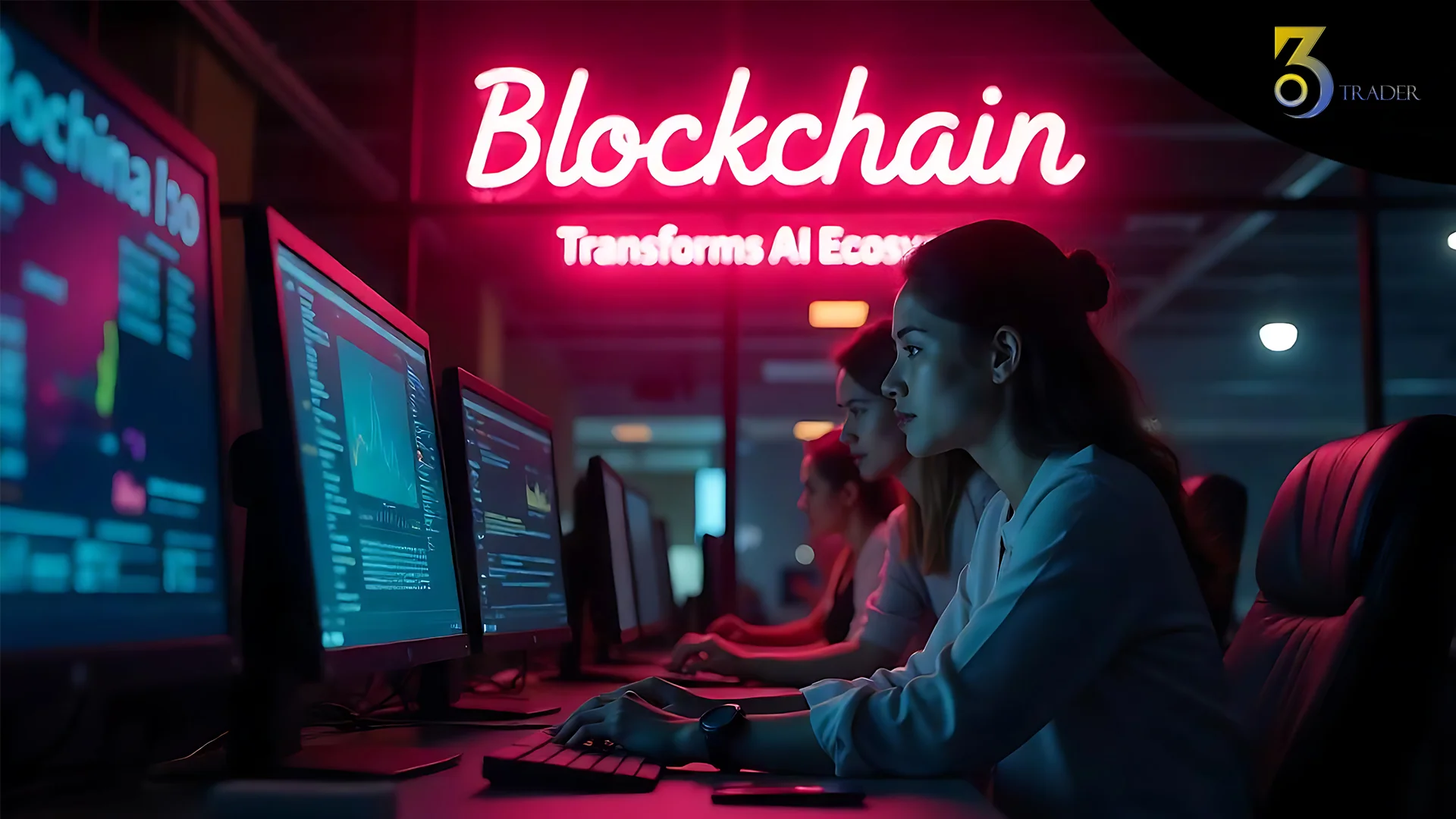Introduction: A New Era of Technological Synergy
In recent years, Artificial Intelligence (AI) has reshaped industries with its ability to process vast amounts of data, automate complex tasks, and improve decision-making. Simultaneously, blockchain technology has brought transparency, security, and decentralization to digital ecosystems. But the real game-changer happens when these two disruptive technologies intersect. This fusion is setting the stage for a transformative future across sectors ranging from healthcare to finance and beyond.
Enhancing Security and Trust in AI Systems
One of the key challenges AI faces is the trustworthiness of its data sources. AI models are only as good as the data they are trained on, and inaccurate or manipulated data can lead to flawed predictions. This is where blockchain comes in. With its decentralized and immutable nature, blockchain ensures that data is tamper-proof and verified before being used in AI systems.
For instance, by storing datasets on a blockchain, users can trace the origin of data and verify its integrity. This process builds trust, enabling AI systems to operate on reliable, accurate data without the risk of manipulation. In sectors like healthcare, where data accuracy is critical, blockchain can drastically reduce errors in AI-driven diagnoses.
Decentralized AI: Democratizing Access
Today, large tech companies dominate AI development due to the high costs and resources required to create AI models. Blockchain is enabling the decentralization of AI, allowing individuals and smaller companies to contribute and benefit from AI advancements. Through tokenized ecosystems and smart contracts, developers can share AI models and datasets on blockchain platforms, making it easier for smaller players to access AI technology without massive upfront costs.
This decentralization leads to a more equitable AI landscape, where innovation is driven by a global community rather than a few centralized entities.
Data Privacy and Ownership
Data privacy is a significant concern when it comes to AI, especially in light of regulations like GDPR. AI requires vast amounts of data, often personal and sensitive, to function effectively. Blockchain offers a solution by giving individuals ownership of their data. With blockchain, users can grant specific permissions for how their data is used in AI models, ensuring privacy and control.
This is particularly useful in healthcare, where patient data is sensitive and highly regulated. By using blockchain, healthcare providers can ensure that patients maintain ownership of their data while still benefiting from AI-driven insights.
Transparent AI Decision-Making
One of the most frequent criticisms of AI systems is their “black box” nature, where it’s difficult to understand how a machine arrived at a specific decision. Blockchain can help address this issue by offering a transparent ledger that tracks the decision-making processes of AI systems. By logging each step on a blockchain, companies can offer users a detailed, tamper-proof audit trail.
This transparency is crucial in fields like finance, where AI models are increasingly being used to make high-stakes decisions about creditworthiness, investments, and more.
Smart Contracts: Automating AI-Driven Processes
Smart contracts, self-executing contracts with the terms of the agreement directly written into code, are another key component of the blockchain-AI intersection. These contracts can automate various processes and trigger AI-driven actions based on predefined conditions. For example, in supply chain management, smart contracts could trigger AI algorithms to reorder inventory when stock levels fall below a certain threshold, streamlining operations and improving efficiency.
Moreover, the immutability of blockchain ensures that these contracts are executed exactly as written, without any interference, providing a new level of automation and trust in AI-driven systems.
Challenges at the Intersection of Blockchain and AI
While the convergence of blockchain and AI holds immense promise, it is not without challenges. The scalability of blockchain remains a concern, as it currently lacks the speed to handle vast amounts of data in real-time, which AI systems often require. Additionally, integrating two highly complex technologies can be resource-intensive and technically challenging.
However, ongoing innovations such as Layer 2 solutions and off-chain computations are addressing these issues, bringing us closer to realizing the full potential of this technological synergy.
Conclusion: The Future of Blockchain-AI Convergence
The intersection of blockchain and AI is transforming the way we process, secure, and use data across industries. By enhancing security, decentralizing AI development, and improving transparency, blockchain is unlocking new possibilities for AI systems. As both technologies.




